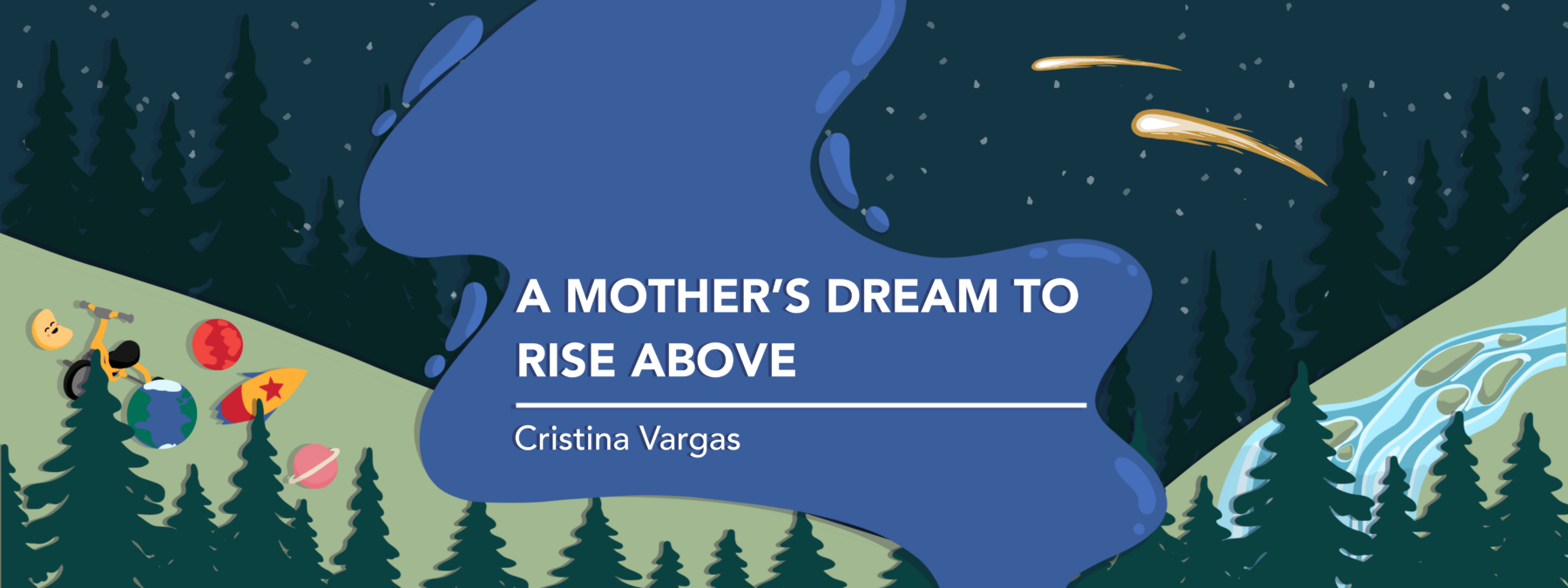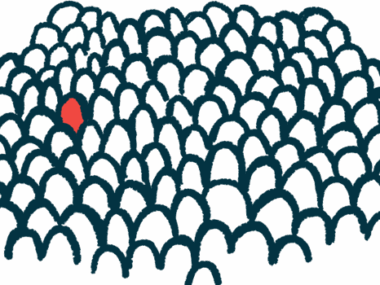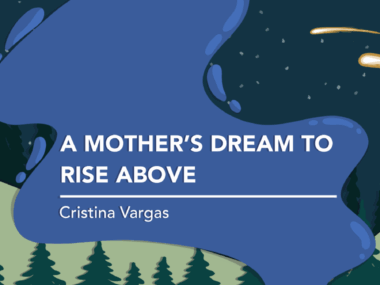Advice to parents of children with late-infantile Batten disease
Remember that while it's not an easy journey, you're not alone on the way
Written by |

As a parent of a child with late-infantile Batten (CLN2) disease, I’ve found it’s important to prioritize not only their physical care, but also their mental well-being. Coping with the challenges of this rare genetic disorder can be overwhelming, but several tips and strategies can help create space for better mental health, for you and your child.
While Batten disease presents numerous hurdles, it’s essential to prioritize positive experiences for your child. Create opportunities for them to engage in activities they enjoy, whether it’s art, music, or time with friends. These positive experiences can improve their overall health and provide a sense of normalcy amid their challenges.
That goes for you, too. Caring for a child with Batten disease can be physically and emotionally draining. Remember to take breaks and allow yourself time to rest and recharge. Practice self-compassion and acknowledge that you’re doing the best you can. It’s OK to feel overwhelmed at times, and seeking help or support is not a sign of weakness.
Embracing the power of empathy
I understand the challenges and joys that come with raising a child, and I further recognize that parenting a child with a rare disease brings special trials and tribulations. Be kind to yourself and your child as you navigate this path together.
I know firsthand the ups and downs we parents experience daily: the fear, uncertainty, frustration, and overwhelming love that fills your heart. It’s not an easy journey, but know that you’re not alone. In the face of adversity, it’s crucial for us to be a strong support system for our children, who look to us for guidance, comfort, and unwavering love. We must be their rock, their safe haven, and their cheerleader.
Let’s embrace the power of empathy and open our hearts to truly understanding their needs and fears. By doing so, we can provide the emotional support that our children require.
In addition to being a support system, we must also become advocates for our children. Rare diseases often receive limited attention and resources, leaving families feeling isolated and unheard.
It’s our responsibility to raise awareness about our children’s conditions and the impact these diseases have on them. By sharing our stories and educating others, we can foster a sense of understanding and compassion within our communities. We need to break down the barriers and fight for the resources our children desperately need.
I want to stress the importance of making a mission statement for this journey. It can serve as a guiding light, a reminder of our purpose and goals. It keeps us focused and motivated, even during the darkest of times. Having a clear mission statement allows us to channel our energy and efforts toward making a difference, not only for our own children, but also for all of those who are affected by rare diseases.
In the case of my son, Juju, and his CLN2 disease, my main mission is to provide him the best possible quality of life, advocate for research and treatment options, and raise awareness about this devastating disease.
Through collective strength, resilience, and determination, we can create a brighter future for our children. Let us stand united in supporting and uplifting one another as we navigate this challenging path. Always be sure that your children receive the love, care, and opportunities they deserve.
Note: Batten Disease News is strictly a news and information website about the disease. It does not provide medical advice, diagnosis, or treatment. This content is not intended to be a substitute for professional medical advice, diagnosis, or treatment. Always seek the advice of your physician or other qualified health provider with any questions you may have regarding a medical condition. Never disregard professional medical advice or delay in seeking it because of something you have read on this website. The opinions expressed in this column are not those of Batten Disease News or its parent company, Bionews, and are intended to spark discussion about issues pertaining to Batten disease.






Ahmed
Batten disease is still manageable if we get the medicines and treatment available at affordable price .All treatment and medicines , even off label MIGLUSTAT/ ZAVESCA not available in india . We need to import it from Europe. In india we don't have medical insurance from government like all other Developed countries. No family can afford to import these medicines into india . Hence I request you all to please mak3 a team to make these medicines also available all around the world at affordable price . We need to help th3 children suffering around the world. Who can't afford the treatment just because of monet. We should ask UN to pass some resolution to provide these medicines and treatment available around the world at affordable price . Its already too late . We can't afford to delay this . Everyday is important. God bless to all.
Leiriane Soares Ferreira
Oi sou mãe do Rafael Benjamin ele está com 8 anos foi diagnosticado em dezembro 2021 com (CLN6) Doença de Batten é um desafio muito grande moramos no Brasil estado do Paraná é muito difícil lidar com toda essa situação é um pra luto em vida , mais creio que Deus irá nos ajudar como sempre e a medicina vai achar a um tratamento pra todas as tipagens ! EU CREIO NO MILAGRE